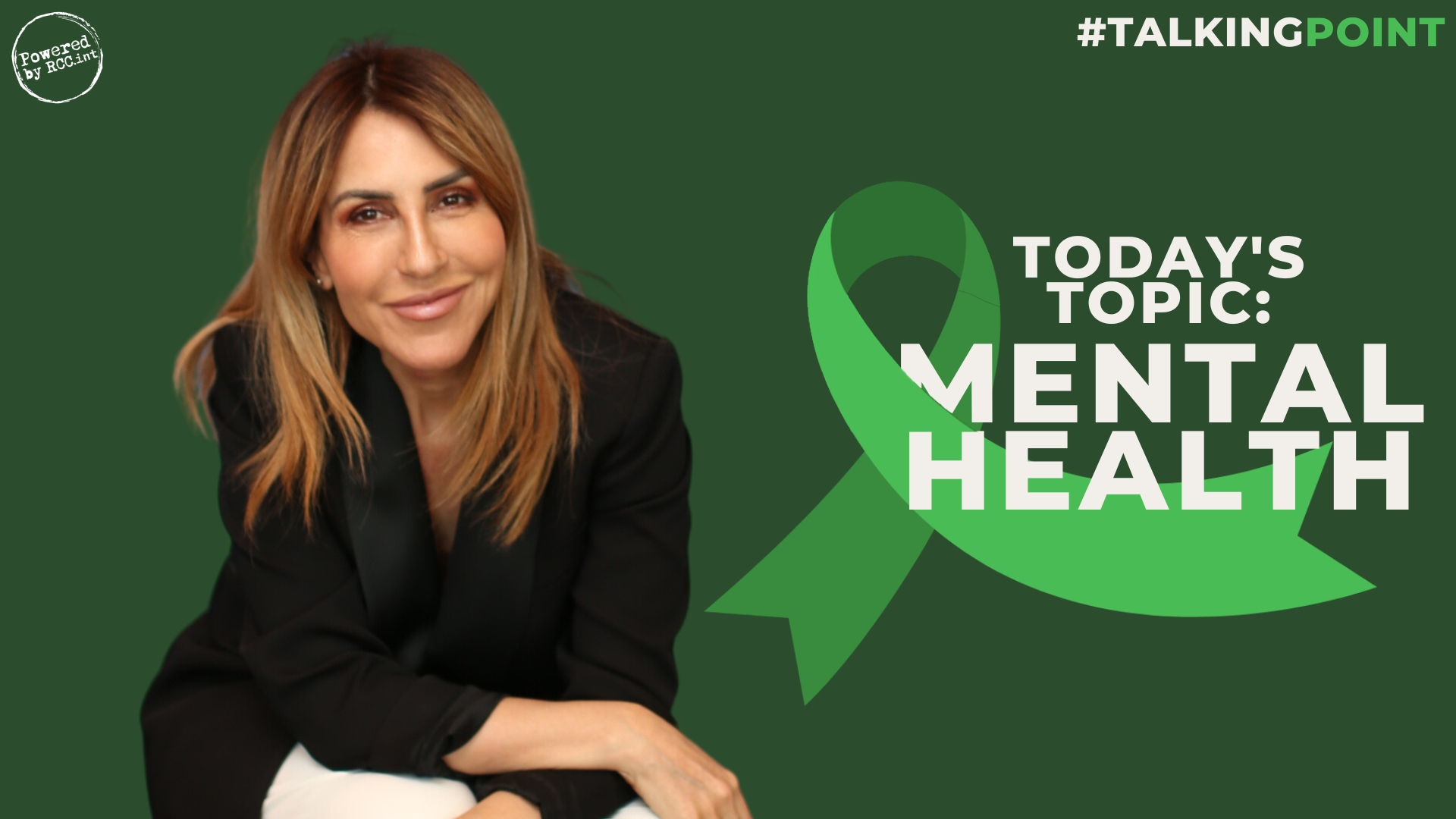Bregu: Half of all mental disorders begin before the age of 14. What is ‘an ounce of prevention’ when it comes to mental health, and do we take enough care of that?
29 May 2023

Talking point: Mental health
RCC Secretary General on Mental Health in a new Edition of #TalkingPoint
Our region was recently shocked with an event that happened in Serbia when a young teenage boy killed ten people at school, including nine classmates. A horrible tragedy that rendered all of us silenced for days. In a matter of 24 hours after the school tragedy, another mass murdered happened in our region, when a young 21-year-old man killed 8 people. For all of us in this region those events raised questions of firearms control, and mental health issues.
In this edition of #TalkingPoint, Secretary General of the Regional Cooperation Council (RCC) Majlinda Bregu is talking about mental health and opening a discussion about what can be done at institutional level, especially regional one, regarding policies to be established and good practices, based on good experience from other countries, that would be systematic, all-encompassing and lifelong.
According to the World Health Organisation, half of all mental disorders begin before the age of 14, and 75% by mid-twenties. Most of them remain unrecognised and untreated. Some say that the rejection, misunderstanding and discrimination associated with mental health stigmas can be harder to deal with than the condition itself. Stigmas and "myths" about mental health reduce the possibility of seeking help including timely providing help and support needed.
“An ounce of prevention is worth a pound of cure. This is true. There are many advices on how to improve our physical health, preventing the disease, by taking care of what we do and what we eat. But what about mental health? What is ‘an ounce of prevention’ when it comes to mental health, and do we take enough care of that?
It is estimated that 9 million children and young people in Europe live with some mental disorder. Unfortunately needs are always bigger than means, and only around 2% of national health budgets go to mental health.
A study from 2020 shows that around 22% of Kosovan, Albanian and adolescents from North Macedonia reported symptoms of depression. The research presented by the National Youth Council of Serbia end of last year shows that more than half of young people had symptoms of depression. 2022 research in Bosnia and Herzegovina revealed that most prevalent diagnoses or difficulties for the adolescents were depression and anxiety, 48% reported this. Almost 40% of young people in Montenegro feel being under stress every day.
We at the RCC made the first steps towards bringing together youth mental health needs and policy solutions starting in December 2021 within our Youth Lab Mental Health initiative. From that moment, young people from the region and decision makers have been working on their national mental health plans, instructions and recommendations.
I know budgetary constraints are an issue, but clearing up many grey areas when it comes to mental health legislation and improving intersectoral approach are a must if we want to have a clear picture of one of the biggest problems this region is facing. Friendly environment is also a necessity when speaking about these issues. Our children do not consider their home and their families as the only communities; there's the online community as well. Do we have any regulations on this? We should be proactive, more open and free to communicate about mental health, especially with youth from our region. I know it is easier said than done, but we need to convince ourselves that when it comes to mental health, an apple a day doesn't keep the doctor away,” said Bregu.



